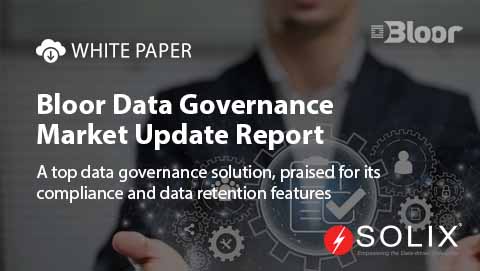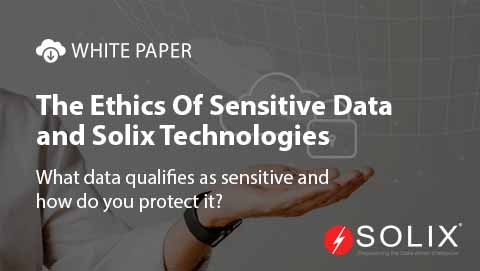Information Lifecycle
What is Information Lifecycle and why does it matter? Information lifecycle refers to the process of managing data from its creation to its disposal. It involves organizing, storing, accessing, and ultimately deleting data in a systematic way. This lifecycle is crucial for businesses as it ensures that data is properly managed, secure, and compliant with regulations.
Having a solid Information Lifecycle strategy in place can help companies reduce costs, improve operational efficiency, and mitigate risks associated with data loss or breaches. By properly managing data throughout its lifecycle, organizations can extract valuable insights, make informed decisions, and drive innovation.
A real-world scenario: transforming Information Lifecycle for success. Imagine for a second your in a scenario where a company, lets call it Acme Corporation, is struggling to manage its vast amount of data effectively. With data scattered across various systems and storage platforms, Acme is facing challenges in accessing, analyzing, and securing its information. This fragmented data landscape not only hampers productivity but also puts the company at risk of non-compliance.
This is where Solix comes into play. Solix offers comprehensive solutions that streamline the Information Lifecycle process, helping companies like Acme optimize their data management practices. By leveraging Solixs tools and expertise, Acme can centralize its data, enforce governance policies, and ensure regulatory compliance.
How Solix saves money and time on Information Lifecycle. Solix provides a range of services that can help companies save money and time on managing their Information Lifecycle. For instance, Solixs enterprise data lake allows organizations to store structured, semi-structured, and unstructured data at scale, supporting advanced analytics and business intelligence initiatives. This centralized repository helps reduce infrastructure costs, improve application performance, and optimize data management processes.
Additionally, Solix offers solutions for database archiving and file archiving, enabling companies to move older, less frequently accessed data to low-cost cloud storage. This not only improves application performance but also ensures compliance through Information Lifecycle Management (ILM) policies.
By partnering with Solix, companies can retire legacy applications, decommission redundant systems, and optimize their data storage processes. This results in significant cost savings, increased operational efficiency, and enhanced data security. Solixs expertise in Information Lifecycle management can help businesses unlock the full potential of their data assets and drive growth.
Wind-up, by investing in a comprehensive Information Lifecycle strategy and leveraging Solixs innovative solutions, companies can gain a competitive edge, reduce costs, and achieve greater operational efficiency. With the right tools and expertise, organizations can transform their data management practices and unlock new opportunities for growth and innovation.
Email info@solix.com to learn more about how Solix can help your business optimize its Information Lifecycle and drive success.
-

-

-
 On-Demand Webinar
On-Demand WebinarThe Power of Less: How Data Minimization Drives Data Privacy Compliance
Watch On-Demand Webinar
